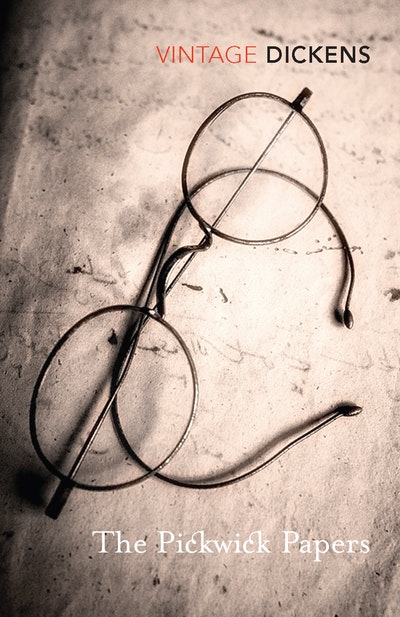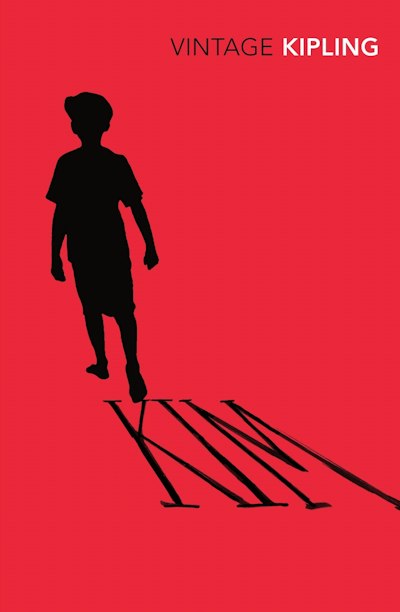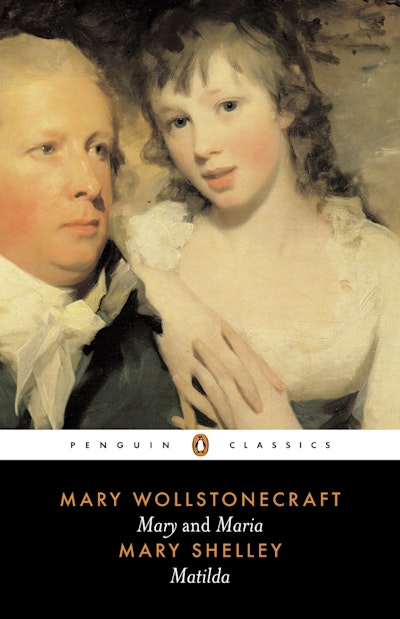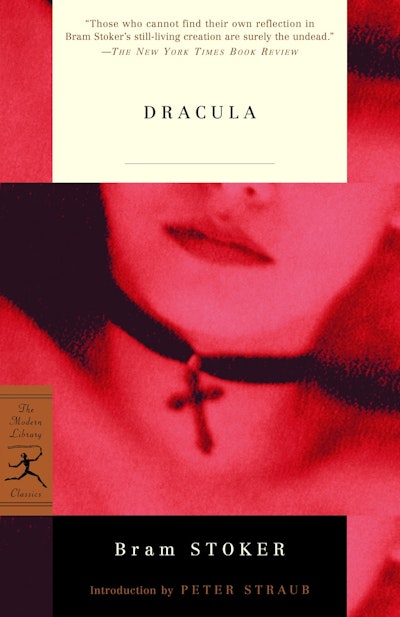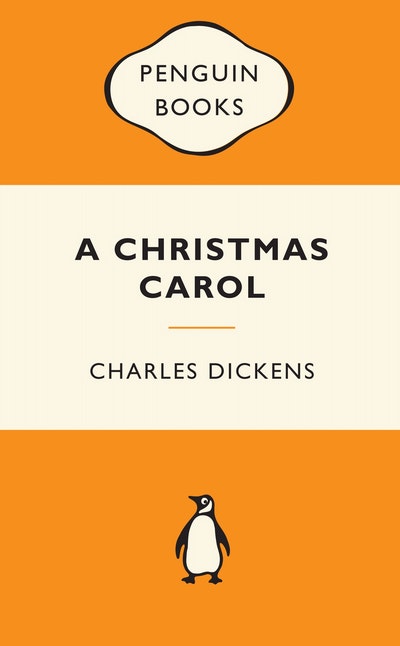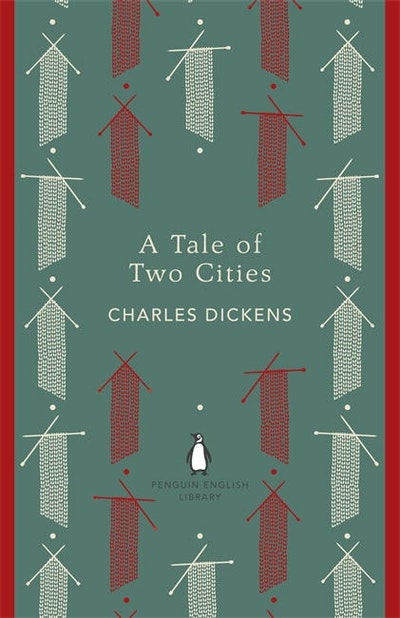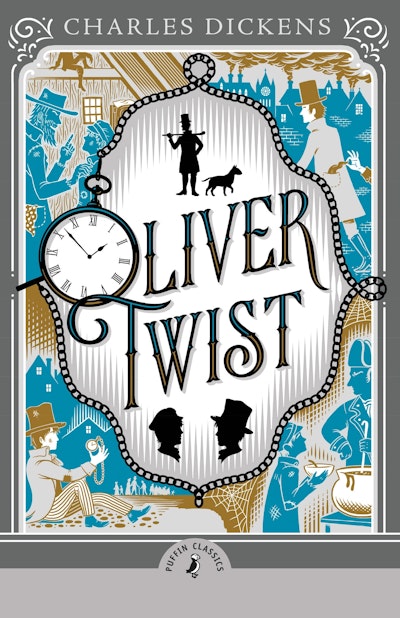- Published: 31 December 2012
- ISBN: 9781409075271
- Imprint: Vintage Digital
- Format: EBook
- Pages: 928
The Pickwick Papers
'His greatest success' George Orwell
Read Charles Dickens’s first novel.
The Pickwick Papers was Dickens' first novel and was a huge success when it was first published. It tells the tale of the irrepressible Mr Pickwick and his fellow Pickwick Club members who travel around the English countryside getting into all kinds of scrapes and adventures. Funny, warm-hearted and full of memorable and engaging characters, this is an enchanting novel that continues to delight readers today.
‘I was instantly swept up in Dickens' exploding world of eccentrics and grotesques, at the heart of which a is a huge affection for mankind' Simon Callow
- Published: 31 December 2012
- ISBN: 9781409075271
- Imprint: Vintage Digital
- Format: EBook
- Pages: 928
Other books in the series
About the author
Charles Dickens was born in Hampshire on February 7, 1812. His father was a clerk in the navy pay office, who was well paid but often ended up in financial troubles. When Dickens was twelve years old he was send to work in a shoe polish factory because his family had been taken to the debtors' prison. His career as a writer of fiction started in 1833 when his short stories and essays began to appear in periodicals. The Pickwick Papers, his first commercial success, was published in 1836. The serialisation of Oliver Twist began in 1837. Many other novels followed and The Old Curiosity Shop brought Dickens international fame and he became a celebrity in America as well as Britain. Charles Dickens died on 9 June 1870. He is buried in Westminster Abbey.
Related titles
Praise for The Pickwick Papers
Dickens was one of the greatest writers of English...unforgettable characters. I was lying in hospital one time and I thought I'd never laugh again but this book changed that
Simon Callow
Dickens writes as though he were talking to us after dinner, in turns funny, bitter, eloquent, and sad
John Mortimer, Daily Mail
I was instantly swept up in Dickens' exploding world of eccentrics and grotesques, at the heart of which a hige affection for mankind
Simon Callow, Good Housekeeping
If I must choose only one Dickens then it's his first novel. It's wonderfully funny, kind and good-natured - just like dear Mr Pickwick himself
Edwina Currie
My father, who left school at 15, was a Dickens enthusiast, and encouraged me to read his books when I was a boy. My favourite was The Pickwick Papers and every Christmas Eve, for several years, I used to reread the chapters about Christmas at Dingley Dell as a ritualistic preparation for the eagerly awaited holiday
David Lodge, Guardian
